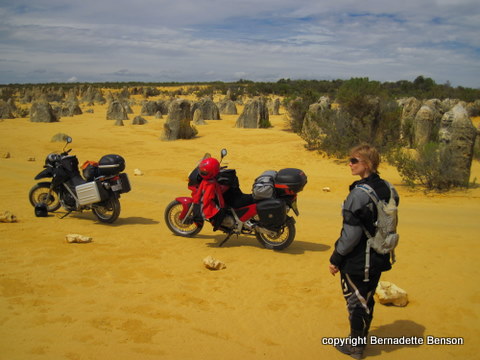Hydration

Hydration packs for all adventures!
An article reprinted in a 2010 AURA Ultramag from ultrarunning.com highlights some of the issues surrounding hydration, electrolyte needs, and weight change during long events.
Click here for Page 1 as a JPG.
Click here for Page 2 as a JPG.
There's also some sound arguments that your hydration/electrolyte balance can impact the likelihood of you getting blisters (swelling/excess moisture in feet). A very useful book that includes some discussion of this is "Fixing Your Feet: Prevention and Treatments for Athletes" by John Vonhof (4th Ed).
The bottom line to me is that we shouldn't have to feel as bad as most people do during an ultra endurance event or even just a very long training run. If you take the time to sort out hydration, electrolytes, and fuel needs, it will likely be incredibly rewarding. It means you can have more fun and less suffering out there!
Similar to calories burned during exercise, there's no way you can consume the same amount of fluid you are losing while racing long distances.
There's a lot of good research out there on this topic. Hammer Nutrition's "Endurance Athlete's Guide to Success" suggest that most "fit, acclimatized endurance athletes" can replenish 20-33% of fluids lost. Click here for the PDF booklet.
A 2007 article by Cheuvront, Montain, and Sawka entitled Fluid Replacement and Performance
During the Marathon, published in Sports Medicine (Vol 37, No 4-5, pp. 353-357) explains sweat rates and effects of dehydration in great detail, particularly in relation to marathon athletes.
A key consideration in hydration is electrolyte needs. Getting your electrolyte and water balances out of whack can result in either hyponatremia or hypernatremia. That's at the extreme end - in the first stages of imbalances, feelings of nausea, lethargy, muscle cramping, and dizziness are common.
Electrolytes include sodium, potassium, and chloride. These little ions carry electrical energy through your body to do important things like contract muscles (very important when runnning). There is also an argument for including minerals such as calcium and magnesium in your race fuel, as well (these minerals support muscle contractions - that is, help to prevent cramps). However, there are certainly counter arguments out there and some recent science that indicates our bodies are very good at hoarding sodium when outside sources (i.e., what's being eaten) are low and shedding it when we have excesses. The "palatability" test has been raised as a simple and perhaps quite effective means of assessing electrolyte needs...if you find yourself craving those salty chips during a race, you probably need sodium!
My personal experience has been that I needed to augment my long runs and races with electrolytes far more in my first few years of running than I do now. My body has seemed to develop adaptations that mean it regulates balances better. But those electrolyte tablets saved me from afternoon sofa-crashes for quite a while!